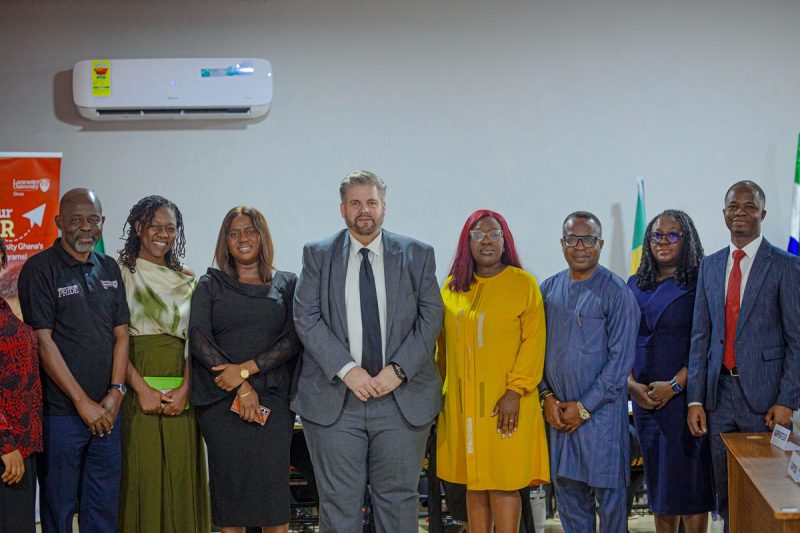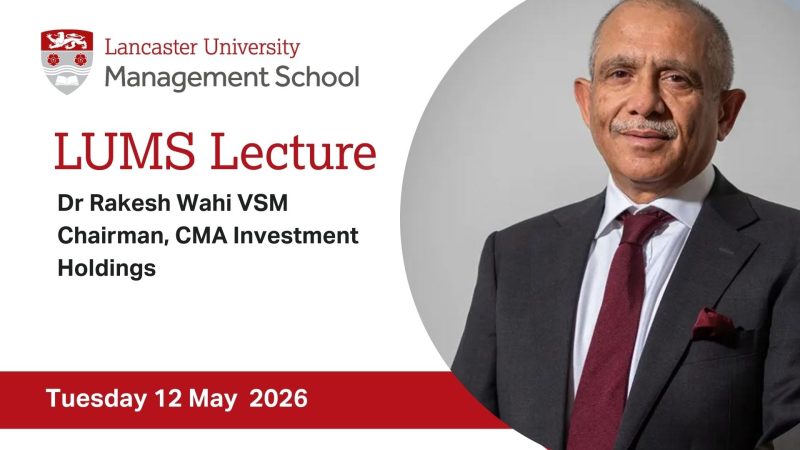The seminar on “African Women in Leadership” was held on 9 September, 2015 as part of the Lancaster University Students Union (LUSU)’s annual visit to Ghana.
The seminar, was organized to contribute to efforts to bring about change in Africa with a focus on leadership, and its impact on: the development situations in which women find themselves such as women’s access to resources and power; the dominance of men in leadership and decision making etc. and also to inspire the young ladies who participated in the seminar.
The seminar highlighted key developments in change and leadership in Africa, including women’s access to resources and power; the dominance of men in leadership and decision-making; women’s leadership in both urban and rural contexts; and inspiring the next generation of women to further raise the standards set by contemporary pioneers. It also provided a great forum for Lancaster University students from both the Ghana and UK campuses to interact with some inspirational and successful African women leaders.
Her Ladyship Mrs. Justice Getrude Torkornoo was the plenary speaker at the seminar. Other speakers were Prof. Cynthia Forson (Deputy Provost, Lancaster University Ghana); Prof. Henrietta Osei Bonsu (Law Lecturer, University of Ghana); nd Dr Roberta Lamptey (Deputy Director of Medical Affairs, KorleBu Teaching Hospital).
“A woman can be whatever she wants to be”Mrs. Justice Getrude Torkornoo advised.
Women in Africa have an important role to play in leadership. African women leaders do not only have to drive change and support development within the continent; the onus is also placed on them of having to consistently prove themselves against their male counterparts. This is a time when strong, visionary and capable women leaders are at the forefront of politics and law, social development and health, science, technology and innovation and other spheres of activity around the world; they have entered the corridors of power in their numbers and are making very significant strides. Nevertheless, due to a great contrast in demographics, development, democracy and literacy, African women leaders have numerous obstacles to overcome.




